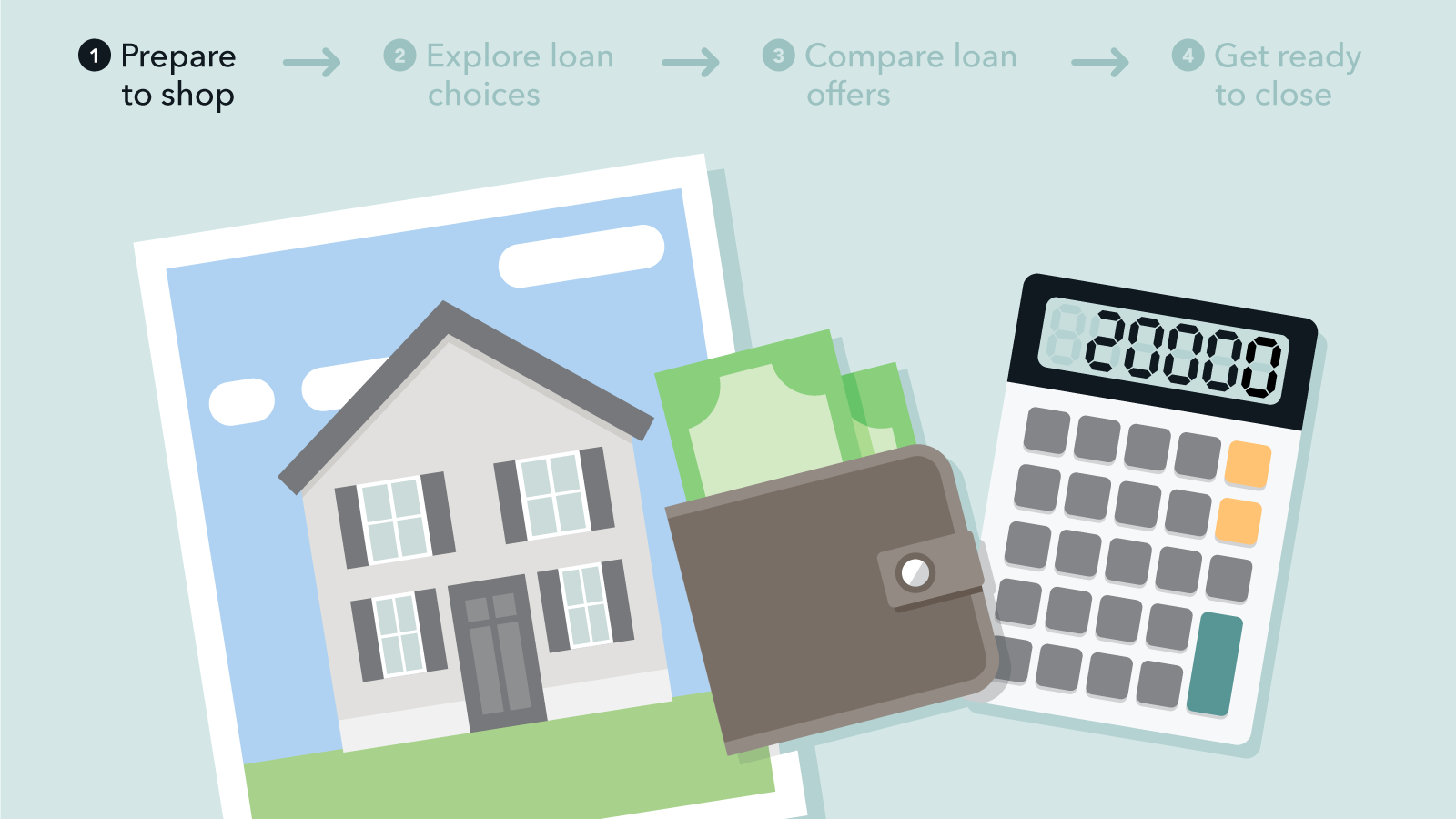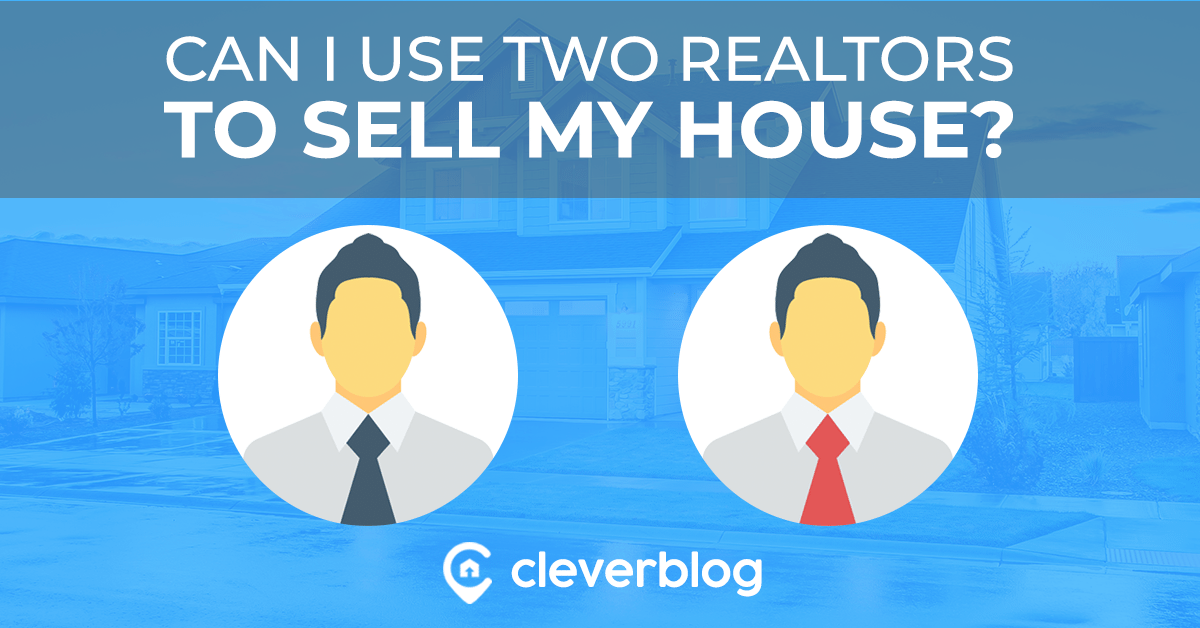
What is the difference of a real agent and a brokerage? They serve very different purposes, so let us take a look at what the main differences are between them. You might want to hire an agent, or a broker, if you are trying to buy or sell your home. Both are equally valuable. The decision is up to you. For more information, see our comparison article about agent vs. broker.
Real estate agent
Although there are differences in the roles of brokers and agents, they both play a vital role in ensuring a smooth home buying experience. While brokers manage the legalities of buying a home, buyers' agents help to find properties and negotiate offers. Brokers help in paperwork and hold escrow. A buyer's agent has the job of finding the perfect house for buyers and helping them navigate the process. Some jurisdictions call agents brokers.

Agents are licensed salespeople, and realtors are licensed real-estate professionals. Both types are required by law to have real estate licenses. They must follow strict ethical codes. Real estate agents must be members of the National Association of Realtors, and adhere to the code of ethics. A broker is a licensed real-estate agent. These roles are very different.
Agent for the buyer
It is important to consider your personal circumstances before deciding on a buyer’s agent or broker. The former is legally required to represent the buyer's best interests. A buyer's agent, on the other hand, has a fiduciary duty to the seller. Because buyer's agents have the benefit of an outsider's perspective, they are often better suited to assist buyers. However, buyers need to understand the pros and cons of working alongside a buyer's representative.
A buyer's agents can perform a number of services, including market analysis. This includes evaluating comparable sales. It also helps to determine the offer price based on property features. He or she may also assist with preparing a co-op board package or handling other contract terms. The buyer's agent can also help you navigate the potential speed bumps that could cause a deal to be canceled. The agent can help you avoid those speed bumps by making sure that you don't make a mistake that could cost you thousands.
Insurance broker
It can be difficult to decide between an agent and an insurance broker when you are looking for insurance. A state license is required for insurance agents. These agents are usually tied to just a few companies. Brokers, on the other hand, can shop around and compare all possible options for you, saving you a significant amount of time. Here are some reasons to choose an insurance broker.

The most prominent difference between an insurance agent and an insurance broker is their representation. An insurance agent represents an insurer. A broker represents an insured buyer. A broker can represent either an independent or captive company. A broker can represent many different insurance companies and will typically have a wider network. However, insurance agents can represent one particular insurer, while a broker represents many. This difference is substantial.
FAQ
Is it possible fast to sell your house?
If you plan to move out of your current residence within the next few months, it may be possible to sell your house quickly. But there are some important things you need to know before selling your house. First, you must find a buyer and make a contract. Second, you need to prepare your house for sale. Third, you need to advertise your property. You must also accept any offers that are made to you.
How can I get rid of termites & other pests?
Over time, termites and other pests can take over your home. They can cause serious destruction to wooden structures like decks and furniture. This can be prevented by having a professional pest controller inspect your home.
What is a Reverse Mortgage?
A reverse mortgage lets you borrow money directly from your home. It allows you to borrow money from your home while still living in it. There are two types: government-insured and conventional. Conventional reverse mortgages require you to repay the loan amount plus an origination charge. FHA insurance will cover the repayment.
What should you look for in an agent who is a mortgage lender?
A mortgage broker is someone who helps people who are not eligible for traditional loans. They compare deals from different lenders in order to find the best deal for their clients. Some brokers charge fees for this service. Some brokers offer services for free.
Can I purchase a house with no down payment?
Yes! There are programs available that allow people who don't have large amounts of cash to purchase a home. These programs include conventional mortgages, VA loans, USDA loans and government-backed loans (FHA), VA loan, USDA loans, as well as conventional loans. You can find more information on our website.
What are the advantages of a fixed rate mortgage?
With a fixed-rate mortgage, you lock in the interest rate for the life of the loan. This will ensure that there are no rising interest rates. Fixed-rate loans have lower monthly payments, because they are locked in for a specific term.
How much money will I get for my home?
This varies greatly based on several factors, such as the condition of your home and the amount of time it has been on the market. Zillow.com says that the average selling cost for a US house is $203,000 This
Statistics
- Over the past year, mortgage rates have hovered between 3.9 and 4.5 percent—a less significant increase. (fortunebuilders.com)
- 10 years ago, homeownership was nearly 70%. (fortunebuilders.com)
- Based on your credit scores and other financial details, your lender offers you a 3.5% interest rate on loan. (investopedia.com)
- Private mortgage insurance may be required for conventional loans when the borrower puts less than 20% down.4 FHA loans are mortgage loans issued by private lenders and backed by the federal government. (investopedia.com)
- This means that all of your housing-related expenses each month do not exceed 43% of your monthly income. (fortunebuilders.com)
External Links
How To
How to find an apartment?
The first step in moving to a new location is to find an apartment. This requires planning and research. It involves research and planning, as well as researching neighborhoods and reading reviews. Although there are many ways to do it, some are easier than others. Before renting an apartment, you should consider the following steps.
-
Data can be collected offline or online for research into neighborhoods. Websites such as Yelp. Zillow. Trulia.com and Realtor.com are some examples of online resources. Local newspapers, landlords or friends of neighbors are some other offline sources.
-
Read reviews of the area you want to live in. Yelp, TripAdvisor and Amazon provide detailed reviews of houses and apartments. You might also be able to read local newspaper articles or visit your local library.
-
You can make phone calls to obtain more information and speak to residents who have lived there. Ask them about what they liked or didn't like about the area. Ask for their recommendations for places to live.
-
Check out the rent prices for the areas that interest you. You might consider renting somewhere more affordable if you anticipate spending most of your money on food. However, if you intend to spend a lot of money on entertainment then it might be worth considering living in a more costly location.
-
Find out more information about the apartment building you want to live in. Is it large? How much is it worth? Is it pet-friendly? What amenities are there? Can you park near it or do you need to have parking? Are there any special rules that apply to tenants?